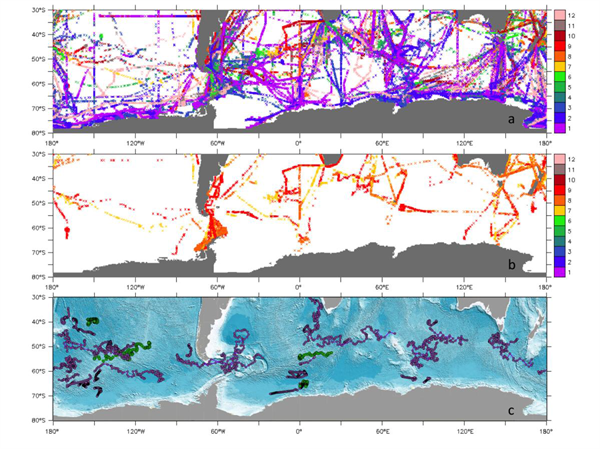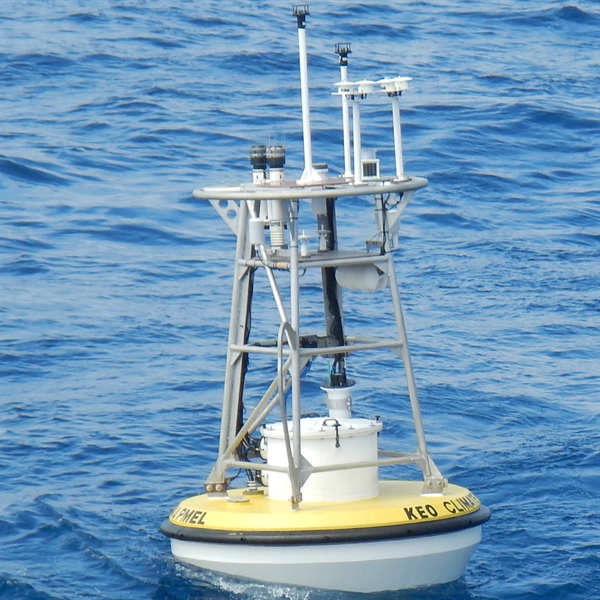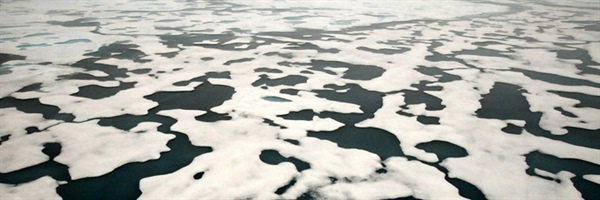Biogeochemical Floats can be Used to Improve Measurements of Sea-Air CO2 Exchanges, Study Shows
Biogeochemical Floats can be Used to Improve Measurements of Sea-Air CO2 Exchanges, Study Shows A study published as an early online release on Global Biogeochemical Cycles shows the value of calibrated biogeochemical floats for providing data measurements of surface ocean partial pressure of CO2 ( pCO2sw ), which is measured to determine air-sea CO2 exchanges. A certain degree of uncertainty […]


